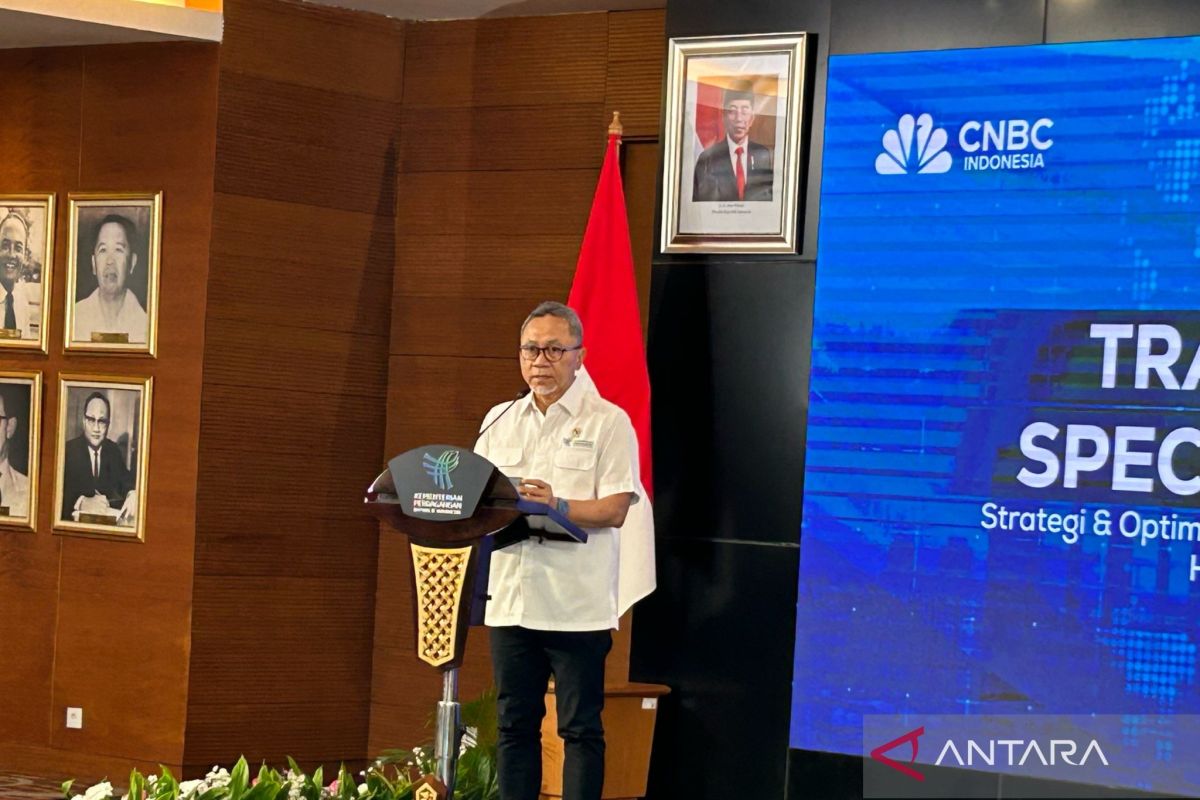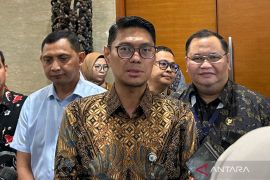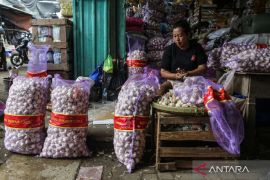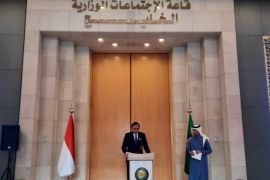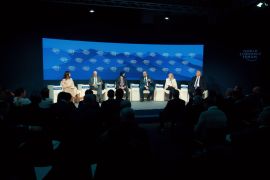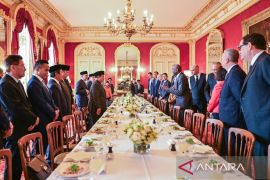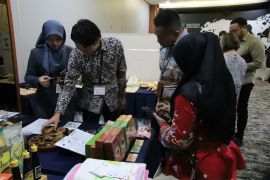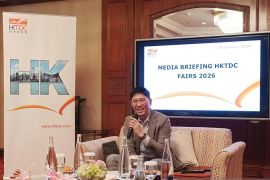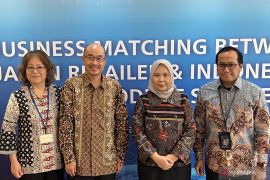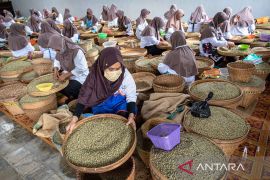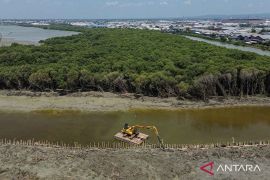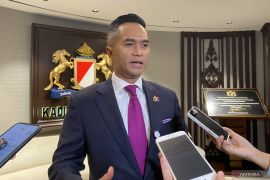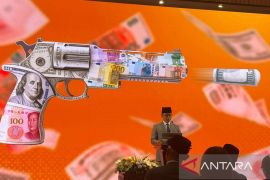He noted that currently, Indonesia's trade balance had continued to record a surplus for 51 successive months while accentuating the need to continually strengthen it by tackling trade barriers through diplomatic agreements.
"Currently, there are so many trade barriers. Hence, for that reason, we are settling trade diplomacy through agreements," he noted while opening the Trade Corner Special Dialogue event in Jakarta on Thursday.
Hasan believes diplomacy is paramount to achieving the economic growth target of seven to eight percent.
Currently, Indonesia is working on the negotiations of the Indonesia–European Union Comprehensive Economic Partnership Agreement (I-EU CEPA) that are expected to be concluded in September 2024.
Apart from that, Hasan also noted that the government has a strategy in place to expand trade outside the United States and Europe. The non-traditional markets targeted are Central Asia, South Asia, the Middle East, and Latin America.
"We must dominate the global market. If our exports remain like the current state, it is impossible to achieve growth of 7–8 percent," he remarked.
Furthermore, he highlighted that another strategy to increase economic growth is by controlling the flow of imported goods and strengthening domestic productivity.
Controlling the entry of imported goods into Indonesia is deemed able to keep Micro, Small and Medium Enterprises (MSMEs) from being eroded.
According to the minister, imported goods from abroad should also be required to meet the Indonesia National Standards (SNI) and have permits from the Food and Drug Supervisory Agency (BPOM) and halal certificates.
"They must be managed and controlled. Other countries do the same thing. That way, our economy will grow," he stated.
Related news: Indonesia pushes for concluding negotiations on IEU-CEPA in September
Related news: Indonesia eyes export growth with South Korea via IK-CEPA
Translator: Maria Cicilia, Raka Adji
Editor: Rahmad Nasution
Copyright © ANTARA 2024
